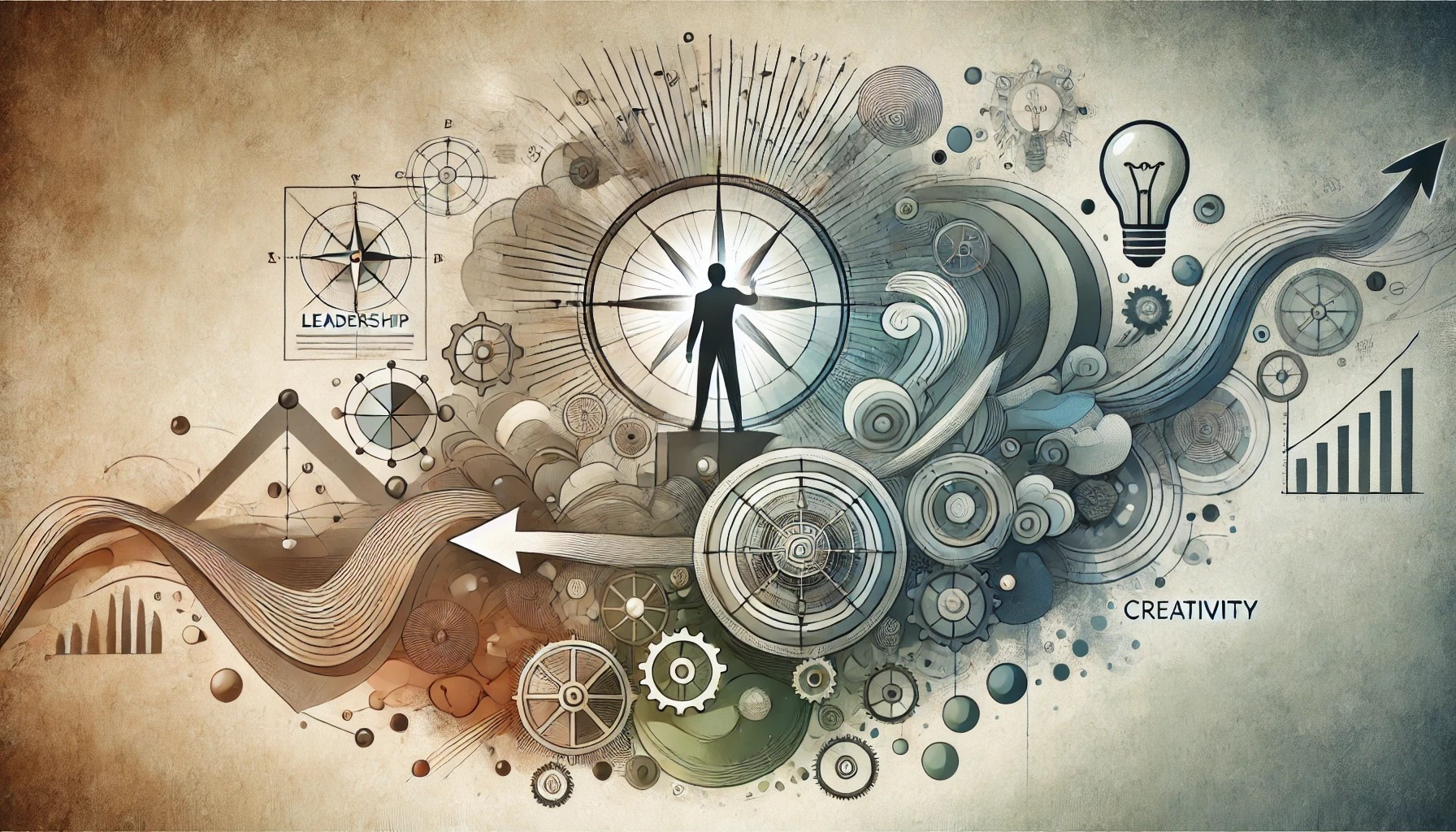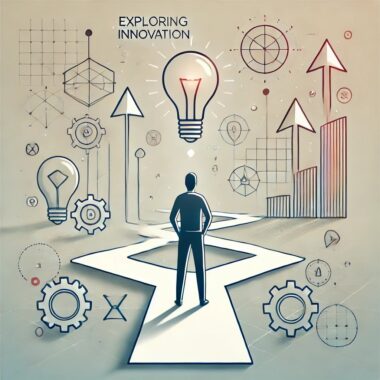Blog
Popular Articles
-
The Theory of Planned Behavior: Predicting Actions and Decisions
Theories are tools that help us understand and predict human behavior, and one powerfulframework in this area is the Theory of Planned Behavior (TPB). The goal of any theory is not only to predict what might happen but also to explain why. While many tools can predict future events, only theories that provide clear…
-
The Impact of Social Exchange in the Workplace
The workplace is a network of relationships. Every day, employees interact with their colleagues, managers, and the broader organization. By understanding these dynamics, employers can build trust and loyalty, creating a positive work environment. One way to understand these interactions is through social exchange theory, which sheds light on what drives employee behavior and…



